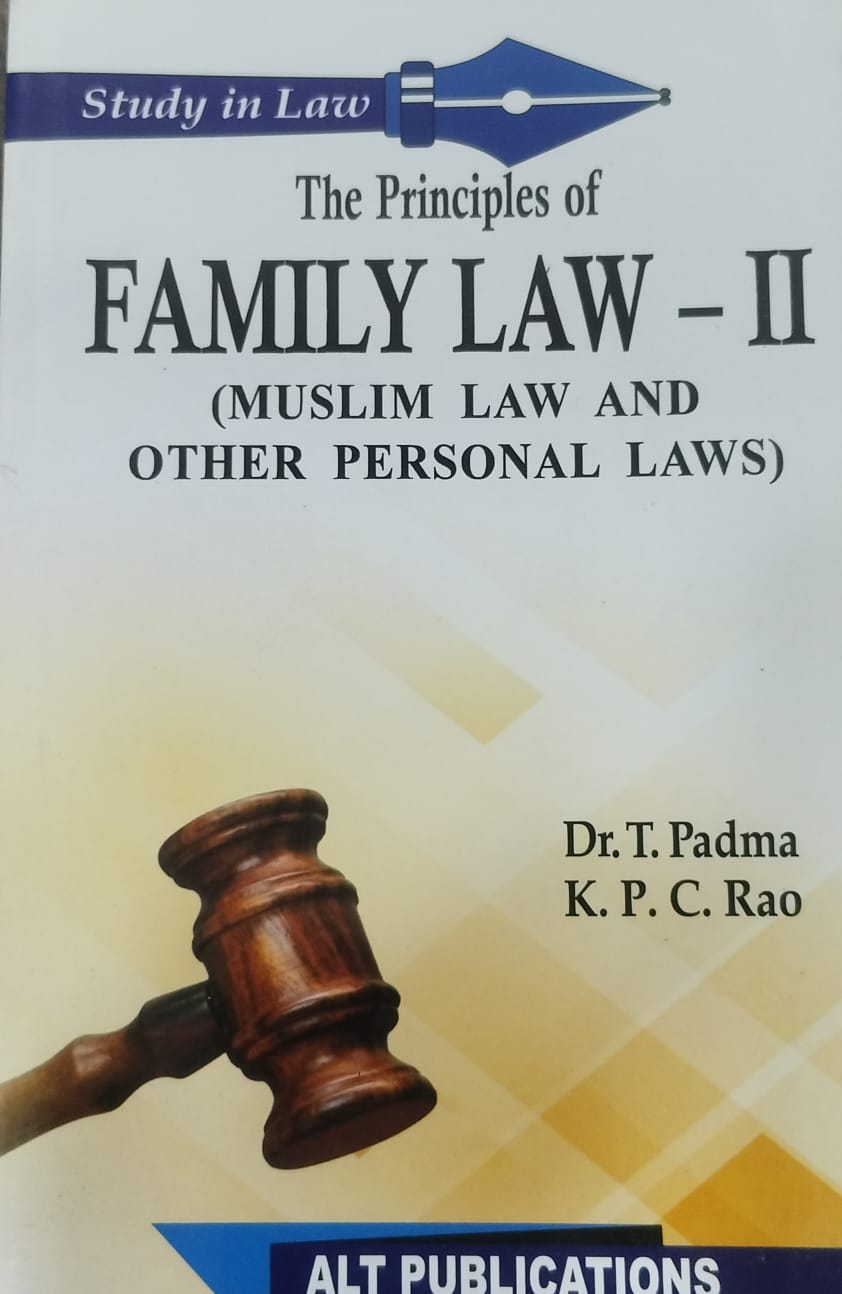In India, the people are divided and governed by religious based personal laws and all these laws sanction patriarchal heritage. ‘Muslim Law’ is applied as a branch of personal law to Muslims in accordance with their own schools to which they happen to belong. At present in matters only of Inheritance, Succession, Wills, Gifts, Wakfs, Marriage, Dower, Divorce, Paternity, Guardianships and Maintenance, the Muslim Law is applied to Muslims in India except in certain cases where legislative changes have been made.
There is universal agreement that personal laws, regardless of the community, are skewed against women. A Uniform Civil Code – which will cover the entire gamut of laws governing rights relating to property, marriage, divorce, maintenance, adoption and inheritance - has been most argued on behalf of women.
In a big boost to the campaign for a uniform civil code, the Supreme Court has held that there was no connection between religious and personal law in a civilised society and favoured putting in place a common code governing all religious communities. Justice Khare said, “We would like to state that Article 44 provides that the state shall endeavour to secure for its citizens a uniform civil code throughout the territory of India. The aforesaid provision is based on the premise that there is no necessary connection between religious and personal law in a civilised society.”
“It is a matter of regret that Article 44 of the Constitution has not been given effect to. Parliament is still to step in for framing a Common Civil Code in the Country. A common civil code will help the cause of national integration by removing the contradictions based on ideologies,” the Chief Justice said.
The Wakf Act, 1995 [which repealed and replaced the Wakf Act, 1954 and the Wakf (Amendment) Act, 1984] came into force on the 1st day of January, 1996. However, over the years of the working of the Act, there has been a widespread feeling that the Act has not proved effective enough in improving the administration of Wakfs. Hence, the Waqf (Amendment) Bill, 2010’, seeking to strengthen and improve the management and administration of the Waqfs in India, has been passed unanimously by the Lok Sabha on 27th April, 2010.
This book provides a short cut to the students of the 3/5 year law degree course to enable them to get a broad understanding of the topics that would be covered under the revised syllabus with effect from the academic year 2009-2010. Though every effort has taken to incorporate the developments / amendments on the subject, it may happen that some developments might have taken place subsequent to release of the book for publication. Hence, the readers are therefore advised to study recent amendments / case laws.
